Fashion
Fashionprenuers focus on rebuilding sector with digital solutions in post-COVID era
The disruption of the COVID-19 pandemic on global value chain and its impact on African businesses is already evident.
As factories close, the border closures and travel restrictions interrupt supply chains, the workers – the most vulnerable and lowest paid people in the fashion supply chain – have been left to feel the worst effects.
To tackle the issue, about 88 attendees last Thursday joined a webinar hosted by the African Development Bank’s Fashionomics Africa initiative in collaboration with the United Nations Environment Programme to find possible solutions.
The webinar among other things, focused on building more resilient value chains through innovative business models that would use renewable materials and recycle old clothes into new products.
The panel was composed of industry experts and creative minds behind sustainable African fashion brands.
It was to enable African entrepreneurs operating in the textile, apparel and accessories industry to create and grow their businesses, with a focus on women and youth.
Participants agreed that it was important to develop a healthy fashion industry in Africa to meet the needs of consumers while others suggested a strong collaboration among fashionpreneurs to help resolve challenges faced in the industry.
As part of the forum, digital experts were also seeking to develop applications to analyse the impact of the textile sector on climate change and environment to help deploy climate-friendly solutions in Africa.
Other contributors indicated that digital tools had become a phenomenon and had revolutionised the way the fashion industry worked, hence the need to educate designers and consumers in the fashion industry.
The Fashionomics Africa initiative intends to contribute to the African Textile, Apparel & Accessories industry by increasing the number of entrepreneurs in the sector, while helping them to access markets through e-commerce capabilities, and boosting their access to finance, as well as technical and business skills, among others.
Fashion
Creativity and Craftsmanship Shine at Ghana Menswear Week 2025
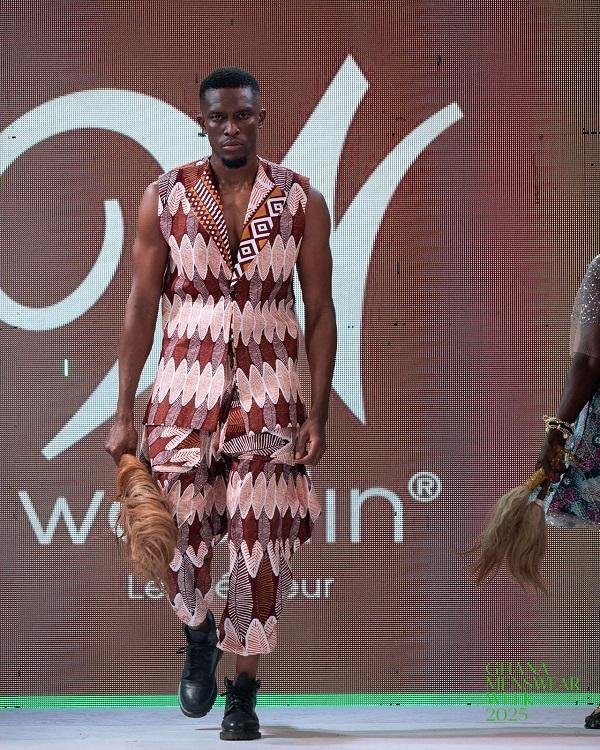
The World Trade Centre in Accra came alive from August 30–31 as Ghana Menswear Week 2025 showcased cutting-edge trends, creativity, and craftsmanship in men’s fashion. The annual event drew designers, fashion enthusiasts, and industry insiders from Ghana and beyond.
Now in its ninth year, the event—described by founder Nana Mensah as the “Men’s Fashion Olympics”—celebrates the innovation of African designers and the diversity of their creations.
This year featured a lineup of young designers including 97 Urban, The Ugly Youth, Larry Studios, Kwadwo Man, Dapper Jayden, Stylenique Siblings, and Ryker Collection/The Cap Culture, who captivated the audience with bold urban aesthetics and youthful energy.
A vibrant collaboration with Woodin Ghana added color and flair to the show. Designers Amonu Whyte and House of Micky used the brand’s iconic fabrics to craft a diverse range of stylish menswear pieces, blending tradition with modern creativity.
Ghana Menswear Week 2025 reinforced its reputation as a premier platform for celebrating African design, innovation, and craftsmanship, inspiring the next generation of menswear designers.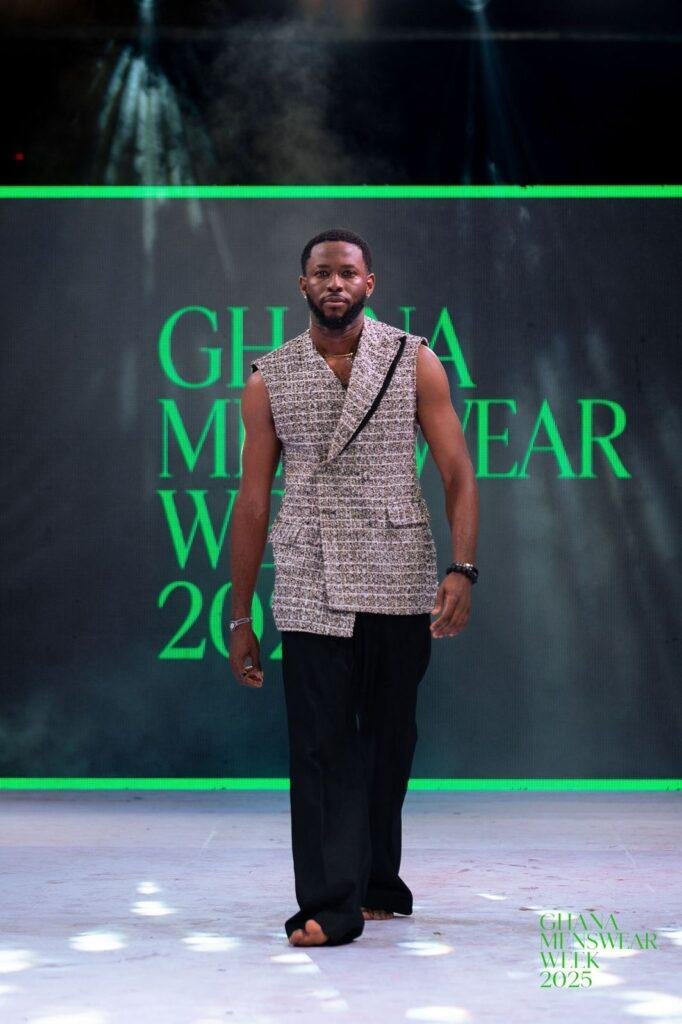
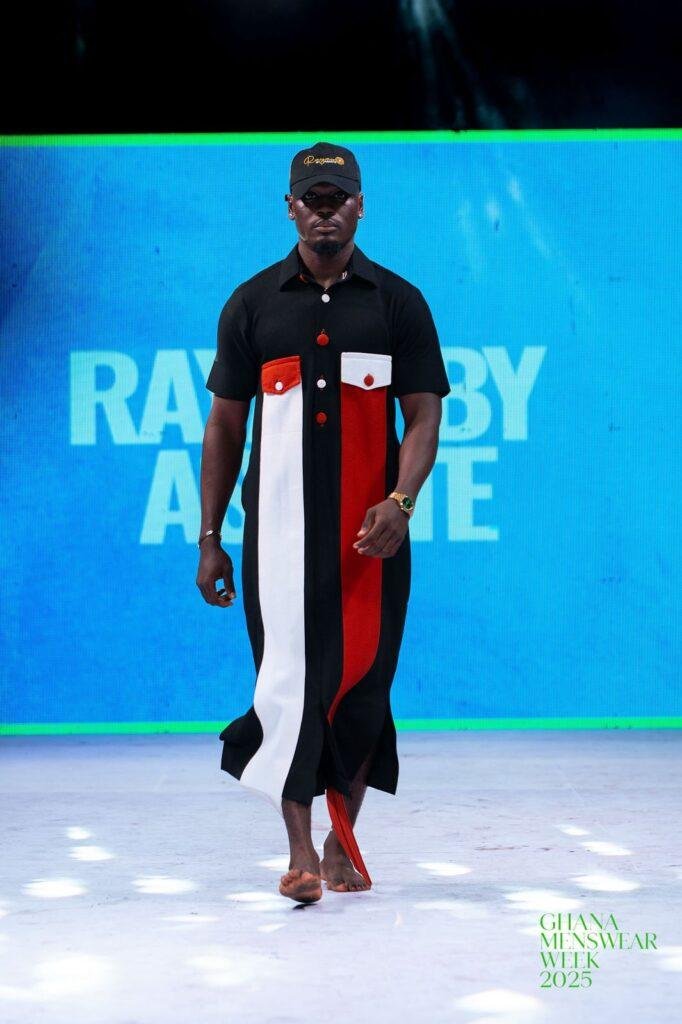
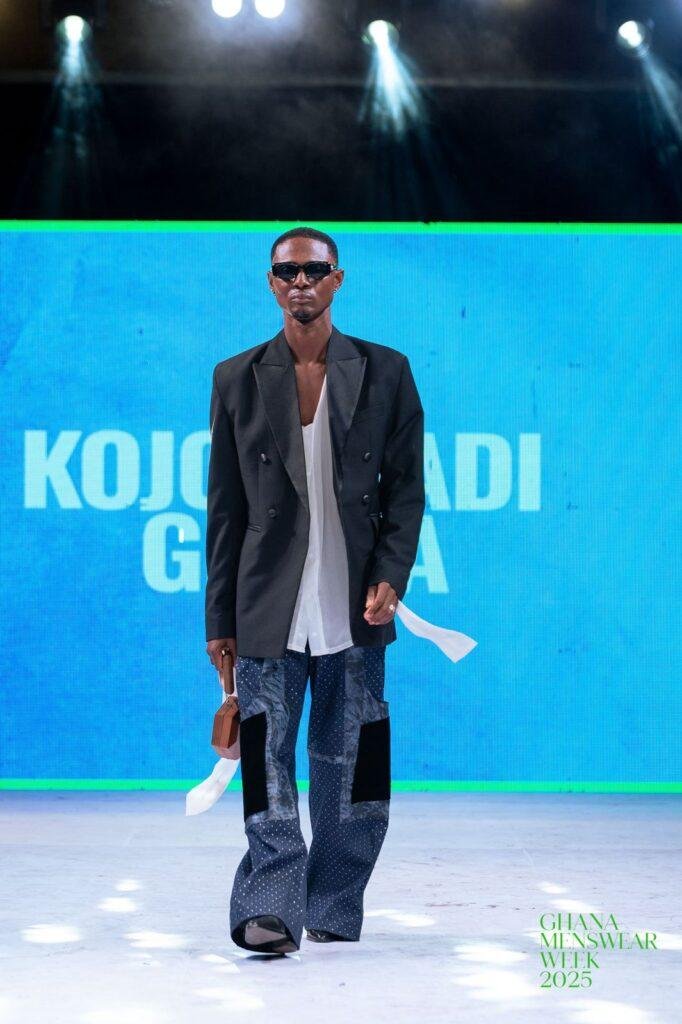
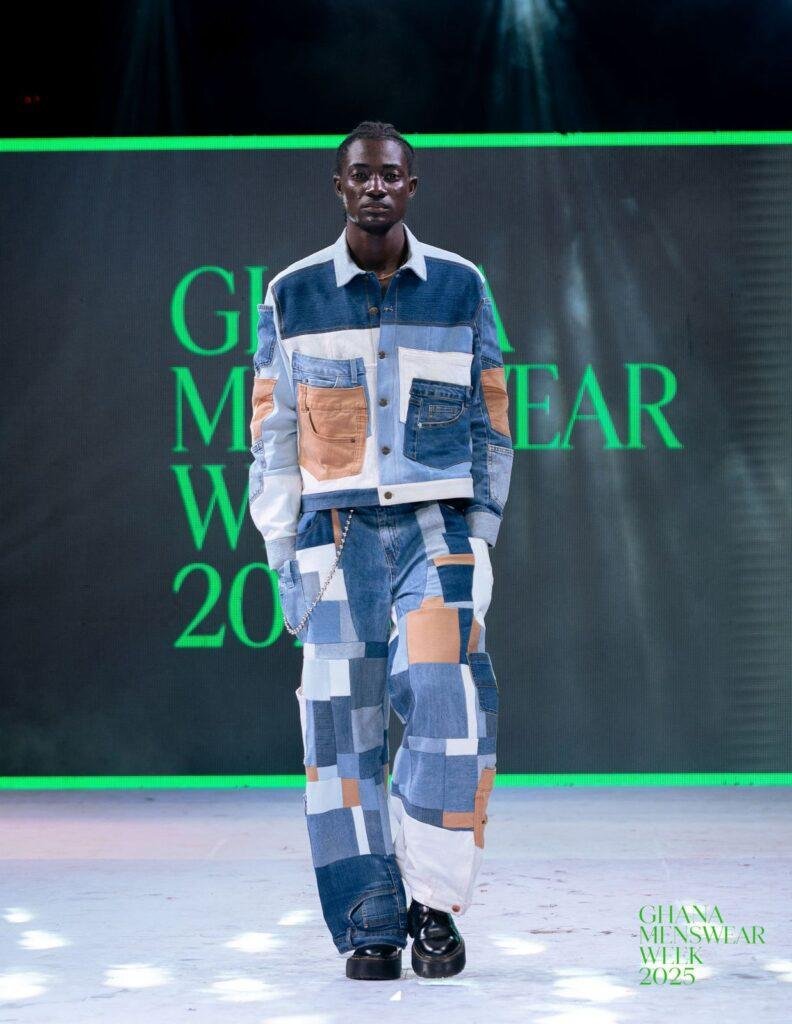
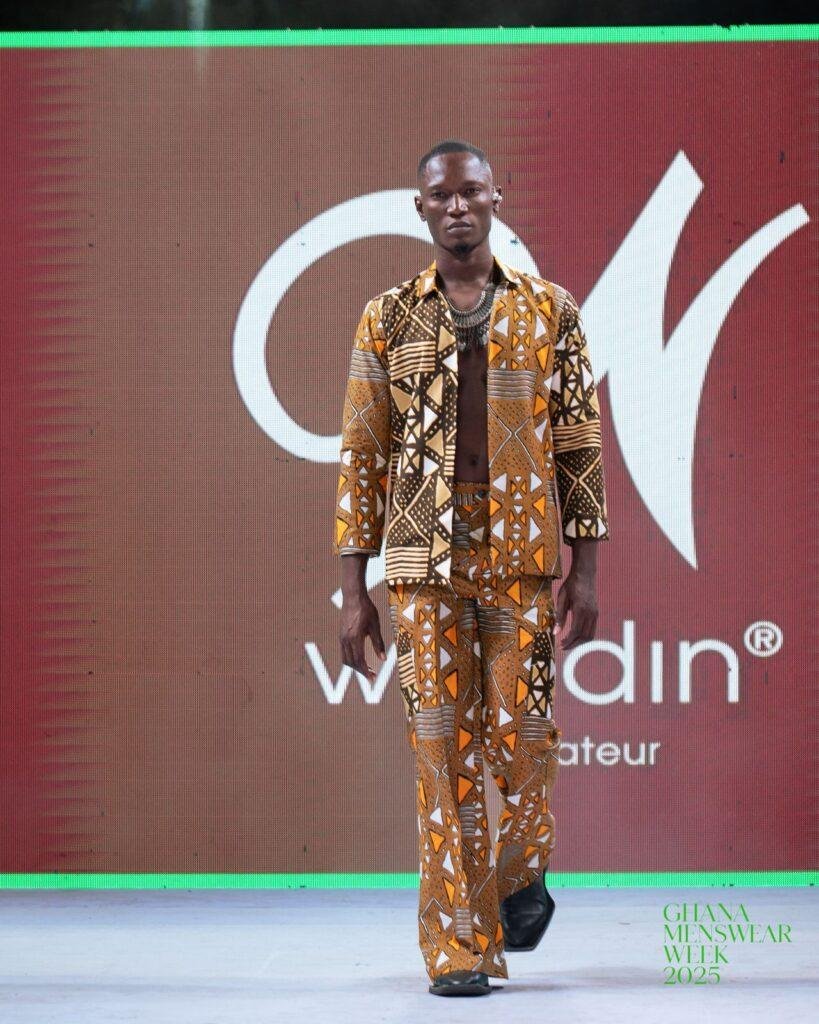
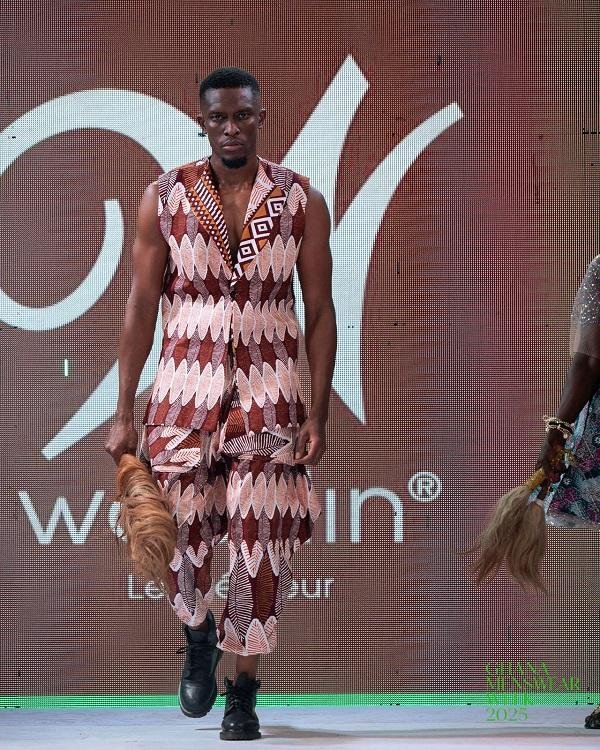
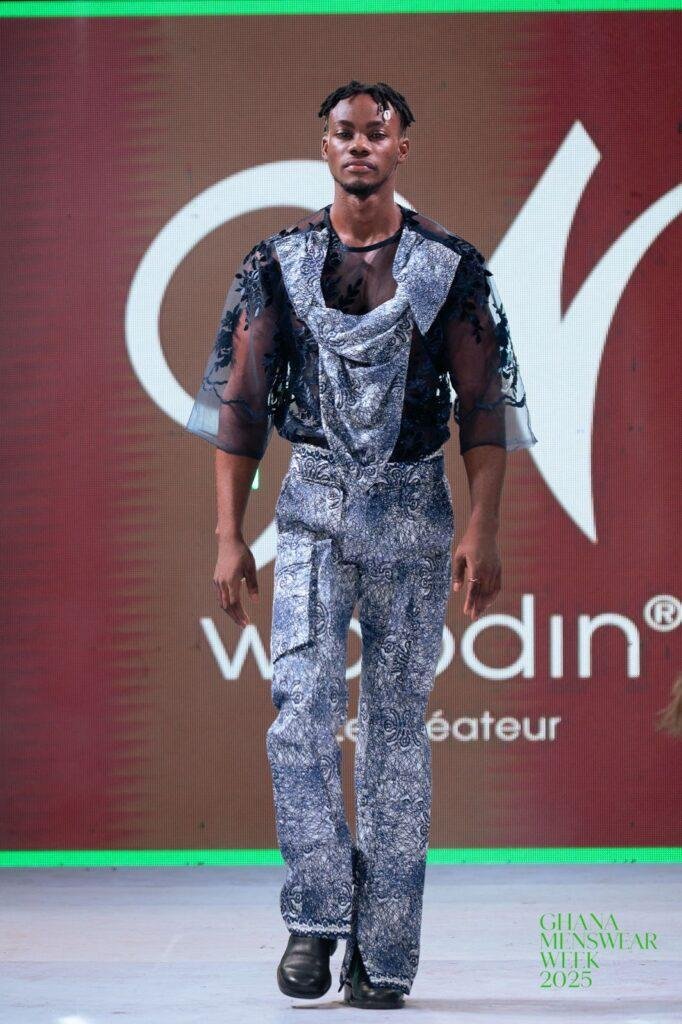
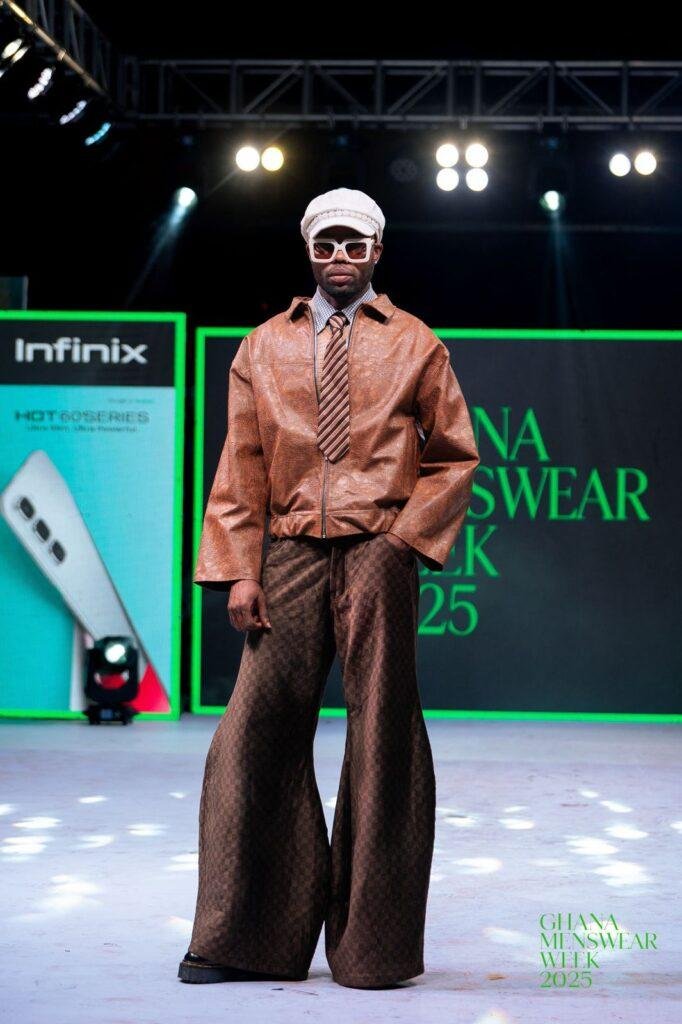
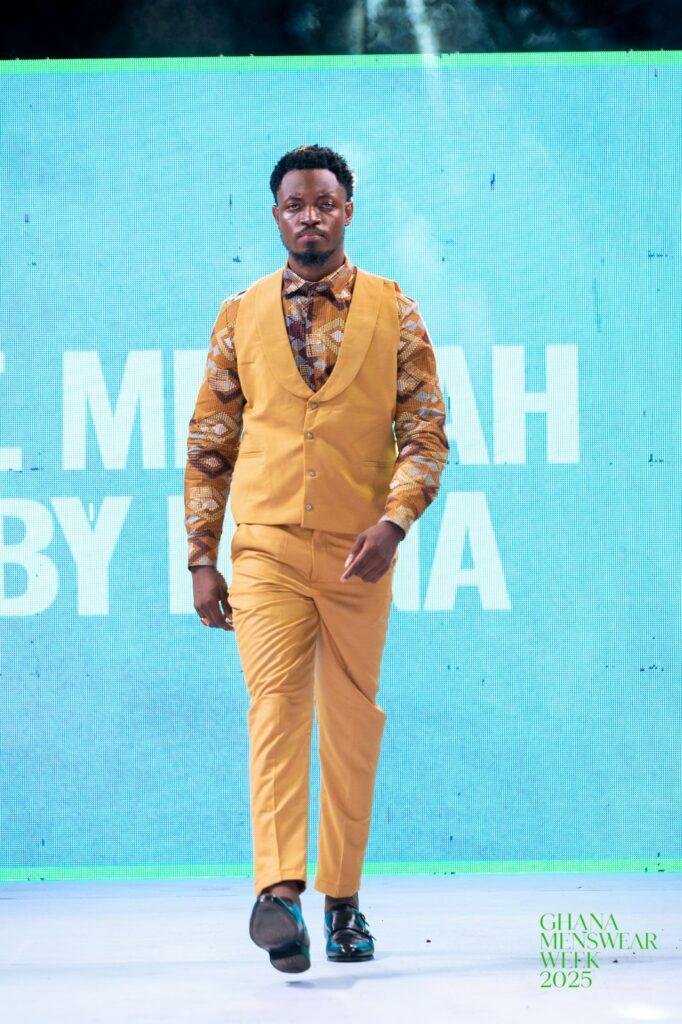
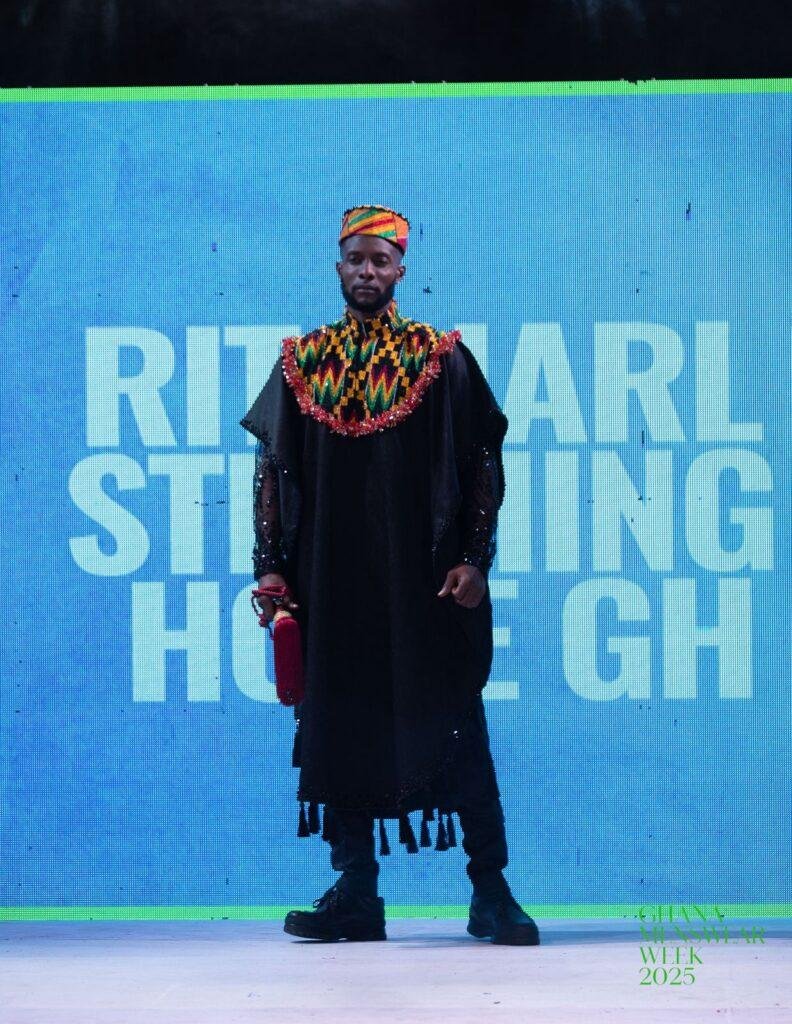
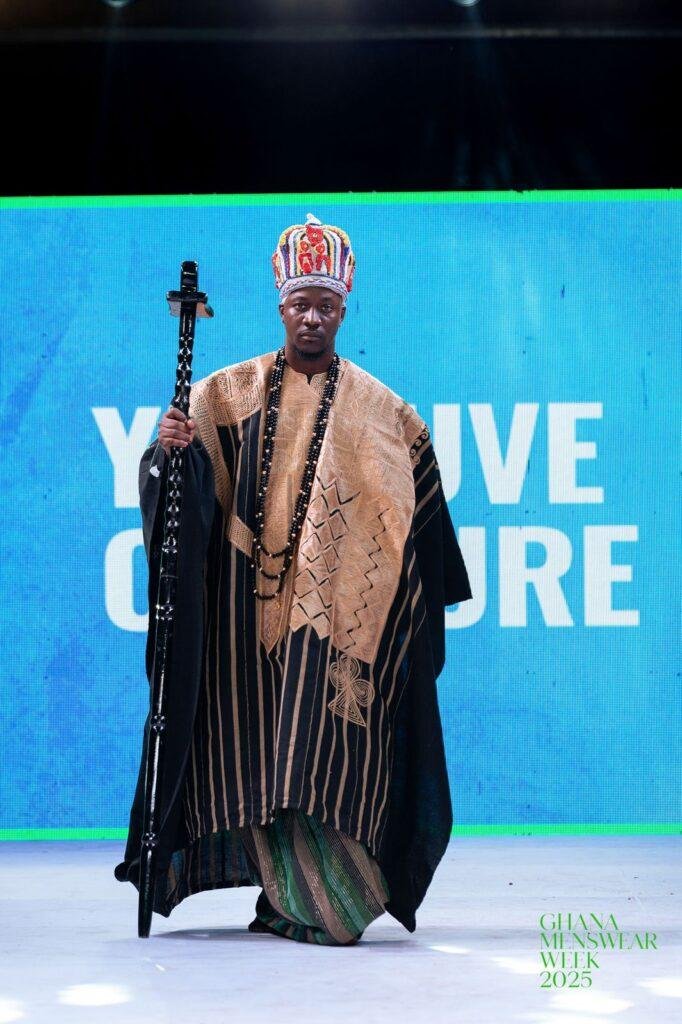
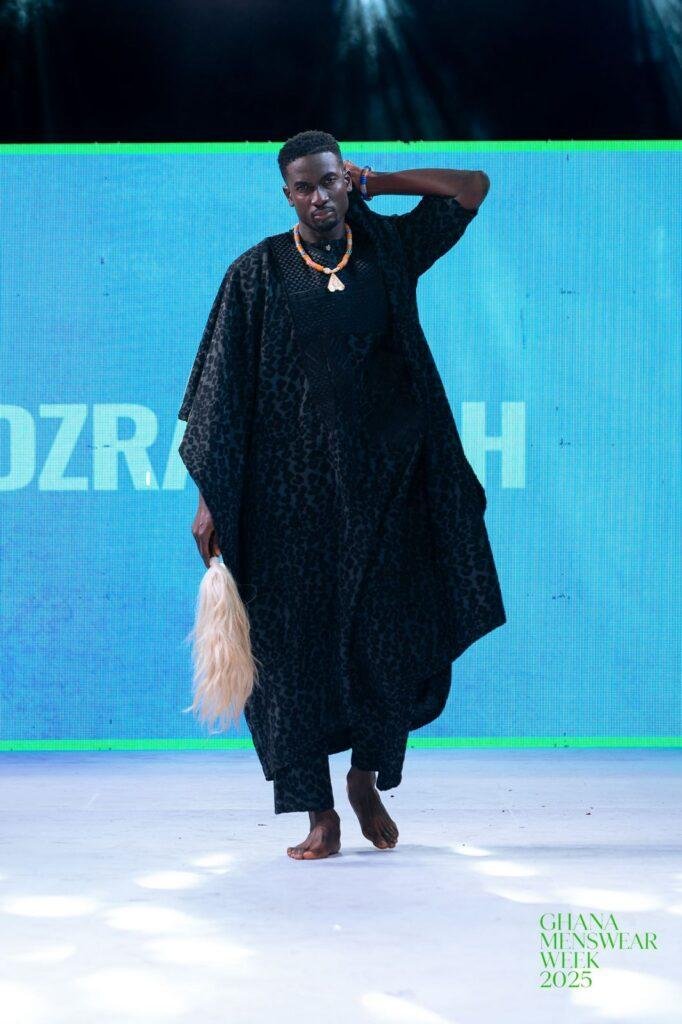
By Spectator Fashion Desk
Fashion
Cargo trousers: A timeless wear
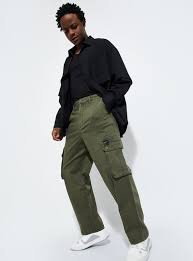
CARGO trousers, once for soldiers and outdoor workers, have become a symbol of both functionality and style in modern fashion.
The multiple deep pockets have made a comeback and a global street wear trend.
Today designers are reinventing cargo with slimmer cuts, lighter fabrics and vibrant colour to suit any outfit.
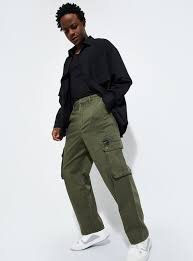
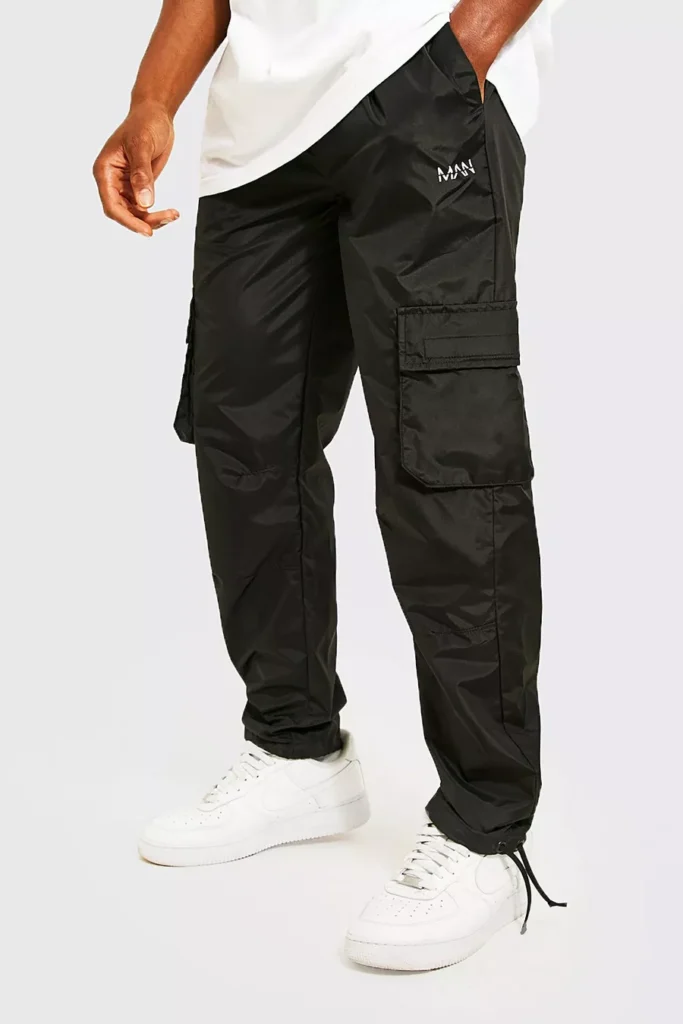



The comeback of cargo trousers have been embraced by celebrities, models and young people who value both comfort and versatility.
Cargo trousers are spotted in workplaces, campuses and social events paired with sneakers or heels depending on the occasion.
Check out some designs
By Linda Abrefi Wadie
Join our WhatsApp Channel now!
https://whatsapp.com/channel/0029VbBElzjInlqHhl1aTU27

 Profile6 days ago
Profile6 days agoAlbert Litela Obidiaba: The artist who wove Ghana’s soul into the King’s Baton

 News6 days ago
News6 days agoDaddy Lumba’s wife, children run to court to injunct December 6 funeral arrangements

 News1 week ago
News1 week agoPresident Mahama to meet Auditor-General, Chief Justice and Attorney-General over misuse of public funds






